Musk hands out $1 million payments after Wisconsin Supreme Court declines request to stop him
Billionaire Elon Musk gave out $1 million checks to two Wisconsin voters, calling them spokespeople for his political group ahead of the state's 2025 Supreme Court election — the liberal-controlled high court refused to hear an attempt by the state attorney general to stop the payments.
Associated Press
March 30, 2025
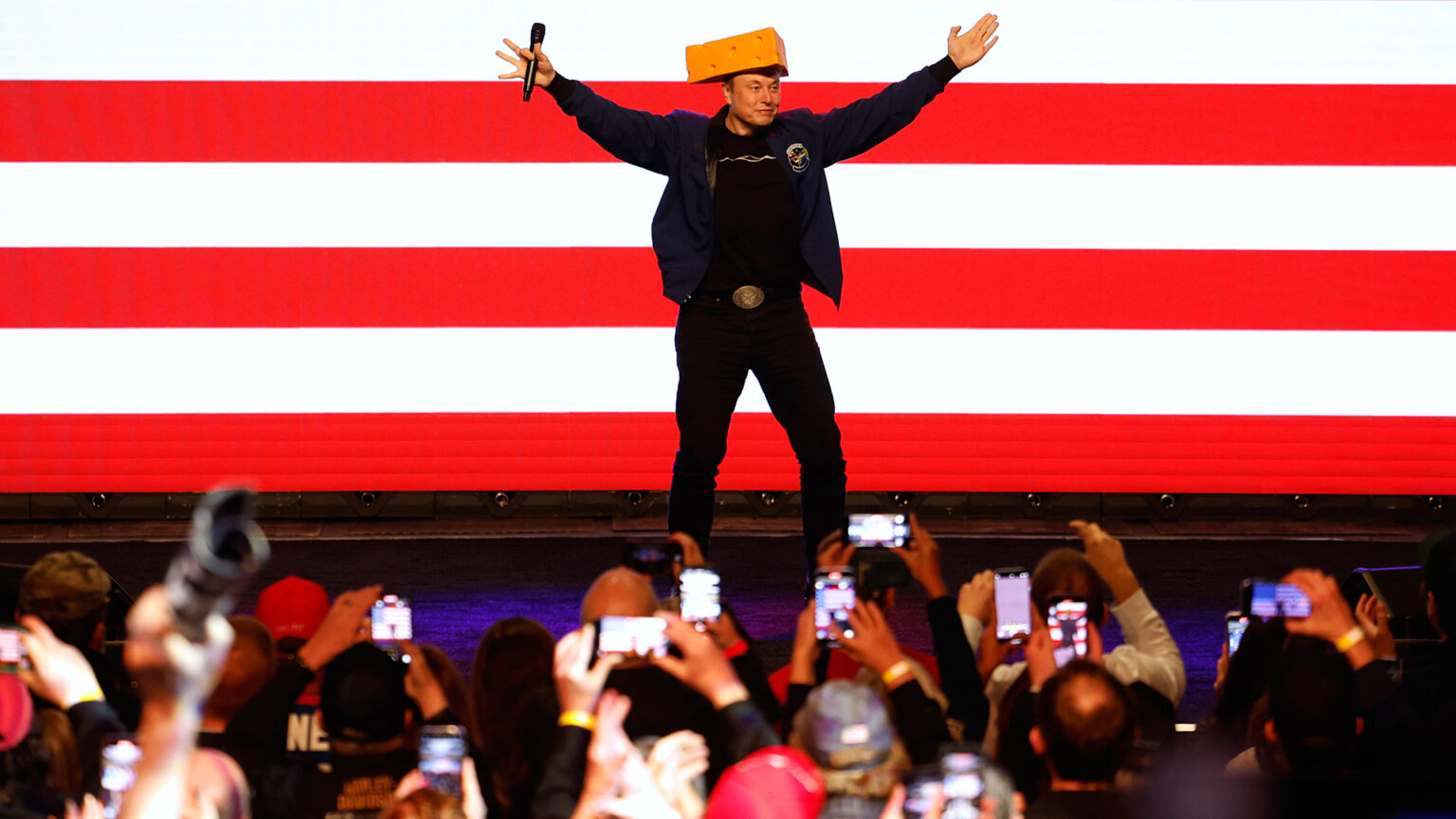
Elon Musk walks on a stage at a political rally on March 30, 2025, in Green Bay, where he gave out two $1 million checks to Wisconsin voters ahead of a state Supreme Court election. (Credit: AP Photo / Jeffrey Phelps)

GREEN BAY, Wis. (AP) — Elon Musk gave out $1 million checks on March 30 to two Wisconsin voters, declaring them spokespeople for his political group, ahead of a Wisconsin Supreme Court election that the tech billionaire cast as critical to President Donald Trump’s agenda and “the future of civilization.”
“It’s a super big deal,” he told a roughly 2,000-person crowd in Green Bay on the night of March 30, taking the stage in a yellow cheesehead hat. “I’m not phoning it in. I’m here in person.”
Musk and groups he supports have spent more than $20 million to help conservative favorite Brad Schimel in the April 1 election, which will determine the ideological makeup of a court likely to decide key issues in a perennial battleground state. Musk has increasingly become the center of the contest, with liberal favorite Susan Crawford and her allies protesting Musk and what they say is the influence he wants to have on the court.
“I think this will be important for the future of civilization,” he said. “It’s that’s significant.”
He noted that the state high court may well take up redistricting of congressional districts, which could ultimately affect which party controls the U.S. House.
“And if the (Wisconsin) Supreme Court is able to redraw the districts, they will gerrymander the district and deprive Wisconsin of two seats on the Republican side,” Musk said. “Then they will try to stop all the government reforms we are getting done for you, the American people.”
A unanimous state Supreme Court on March 30 refused to hear a last-minute attempt by the state’s Democratic attorney general to stop Musk from handing over the checks to two voters, a ruling that came just minutes before the planned start of the rally.
Two lower courts had already rejected the legal challenge by Democrat Josh Kaul, who argues that Musk’s offer violates a state law. “Wisconsin law prohibits offering anything of value to induce anyone to vote,” Kaul argued in his filing. “Yet, Elon Musk did just that.”
But the state Supreme Court, which is currently controlled 4-3 by liberal justices, declined to take the case as an original action. The court gave no rationale for its decision.
Kaul had no immediate comment on the court’s order.
Musk’s attorneys argued in filings with the court that Musk was exercising his free speech rights with the giveaways and any attempt to restrict that would violate both the Wisconsin and U.S. constitutions.
The payments are “intended to generate a grassroots movement in opposition to activist judges, not to expressly advocate for or against any candidate,” Musk’s attorneys argued in court filings.
Musk’s political action committee used a nearly identical tactic before the presidential election in 2024, offering to pay $1 million a day to voters in Wisconsin and six other battleground states who signed a petition supporting the First and Second amendments. A judge in Pennsylvania said prosecutors failed to show the effort was an illegal lottery and allowed it to continue through Election Day.
Liberals currently hold a 4-3 majority on the court. All four liberal justices have endorsed Dane County Judge Susan Crawford, the Democratic-backed candidate.
Musk’s attorneys, about four hours before the rally was to begin, asked that two liberal justices who have campaigned for Crawford — Jill Karofsky and Rebecca Dallet — recuse themselves from the case. His attorneys argued their work for Crawford creates “the specter of inappropriate bias.” If they did recuse, that would leave the court with a 3-2 conservative majority.
Both justices rejected the request and said they would spell out their reasons why at a later date.
One of the court’s conservative justices has endorsed Schimel, who wore a “Make America Great Again” hat while campaigning on March 30.
Schimel said in a national television interview that he does not control “any of the spending from any outside group, whether it’s Elon Musk or anyone else” and that all Trump asked was whether he would “reject activist judges” and follow the law.
“That’s exactly what I’ve committed to anybody, whether it’s President Trump, Elon Musk or any donors and donors or supporters or voters in Wisconsin. That’s my commitment,” Schimel told “Fox News Sunday.”
The contest has shattered national spending records for a judicial election, with more than $81 million in spending.
It comes as Wisconsin’s highest court is expected to rule on abortion rights, congressional redistricting, union power and voting rules that could affect the 2026 midterms and the 2028 presidential election in the state.
Associated Press writer Gary Fields in Washington contributed to this report.
 Passport
Passport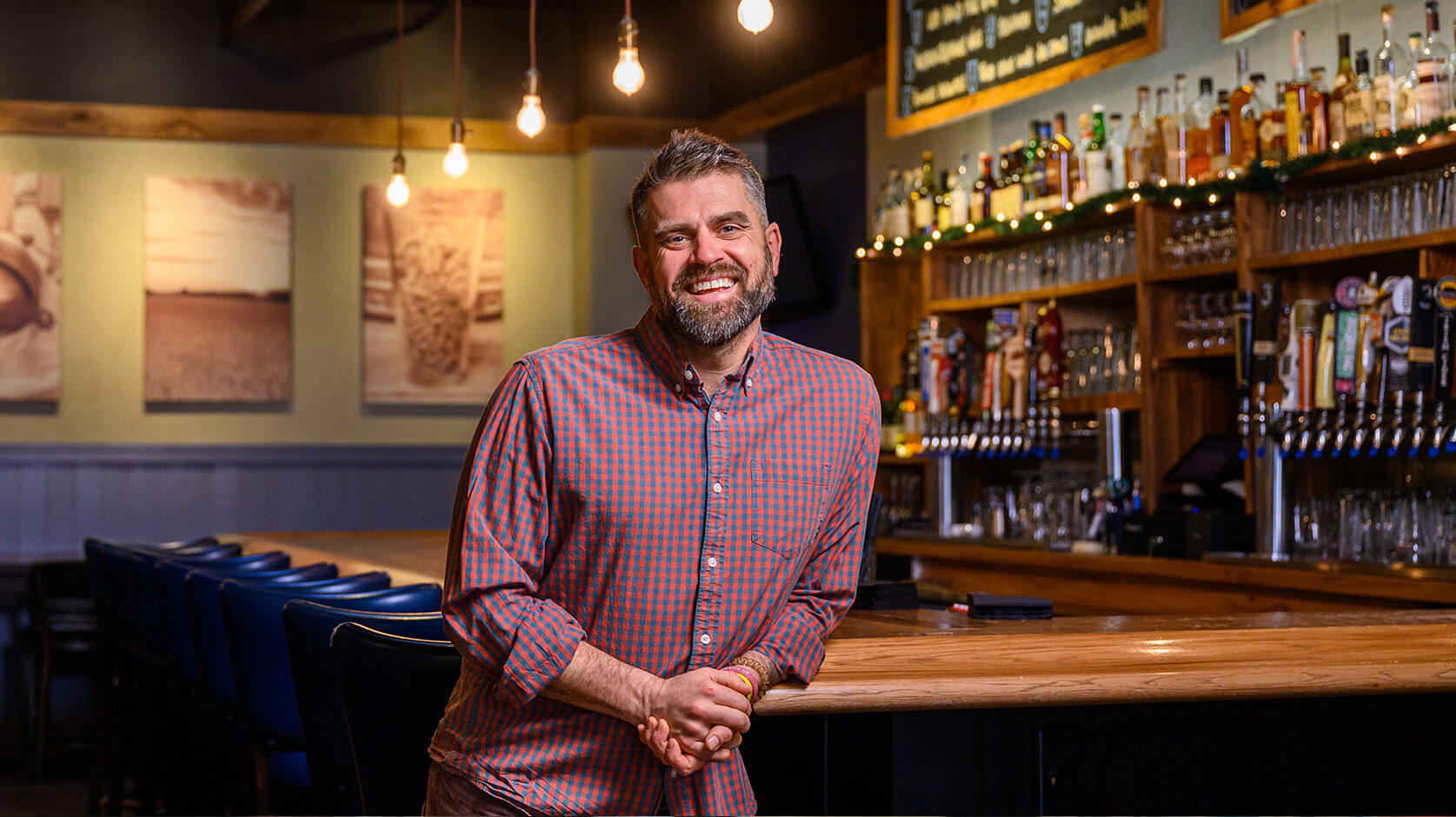

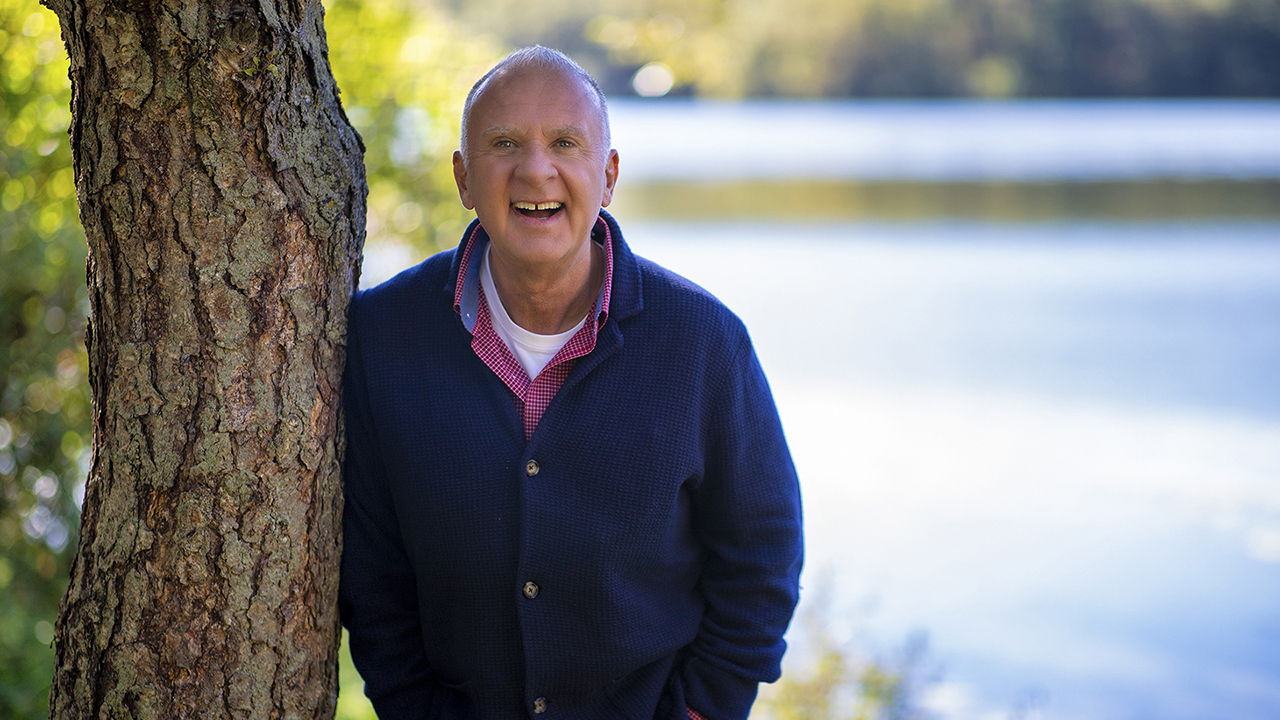
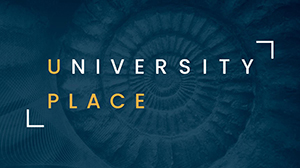
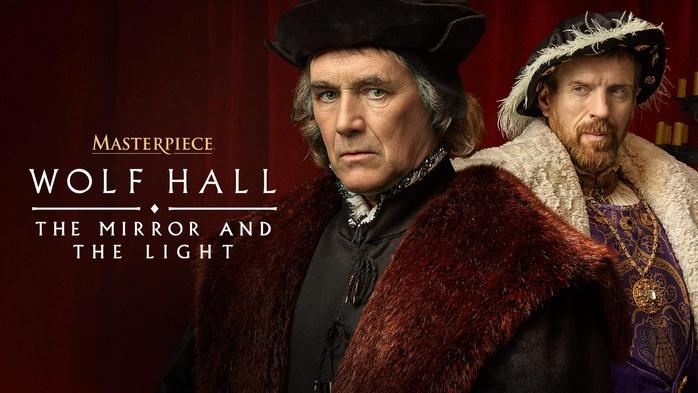
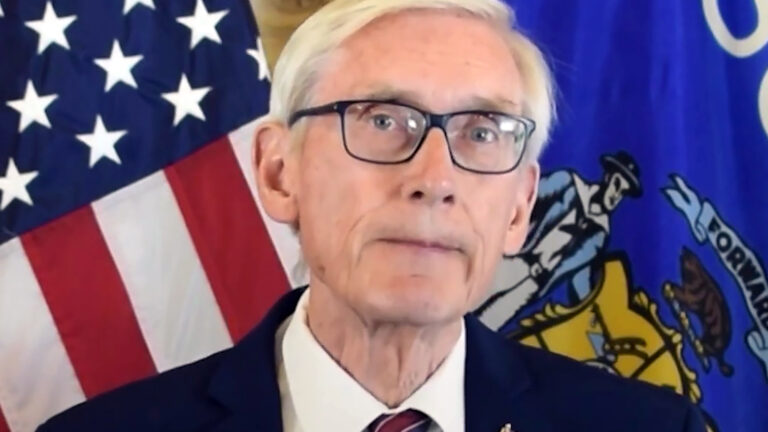
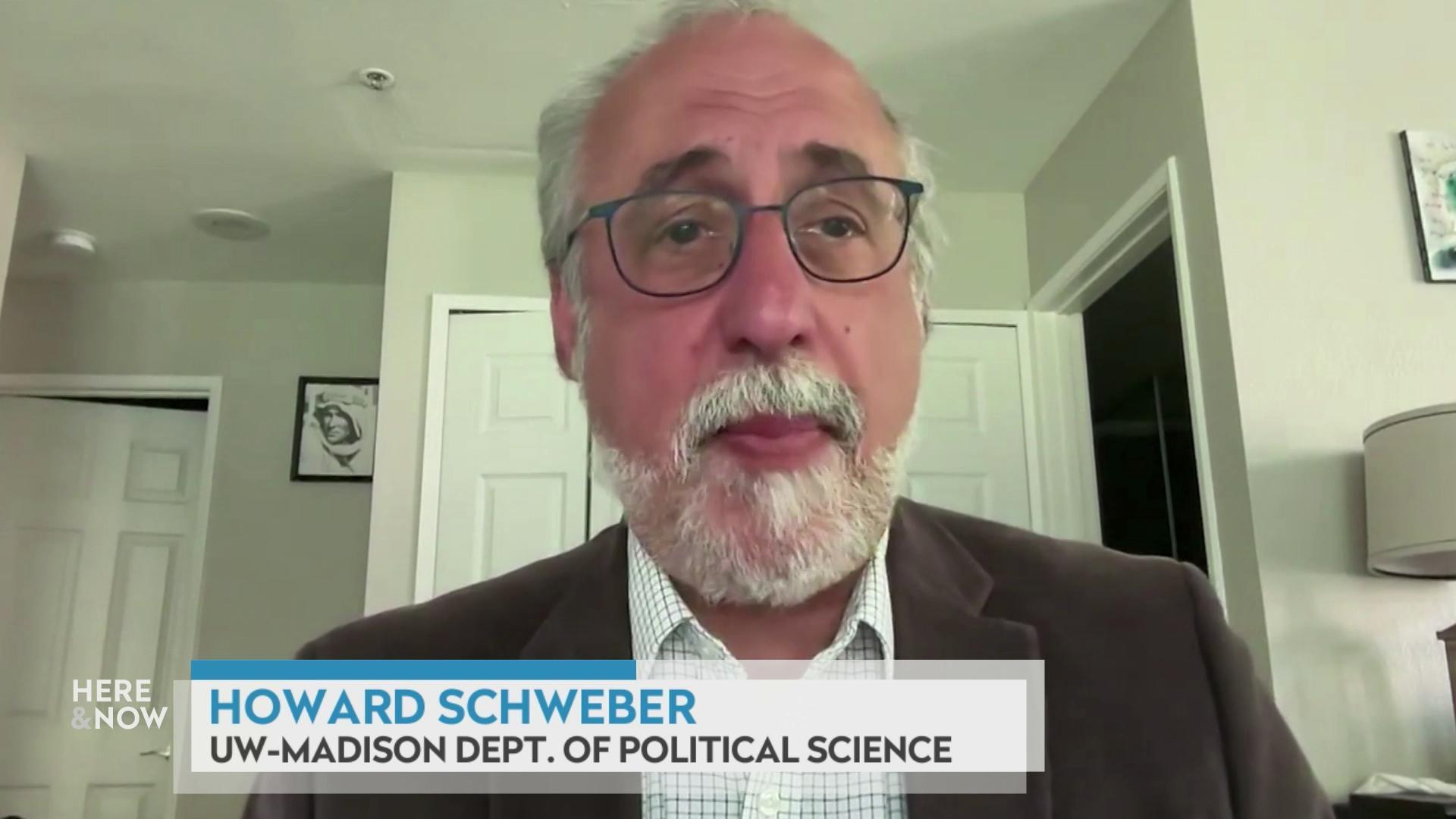
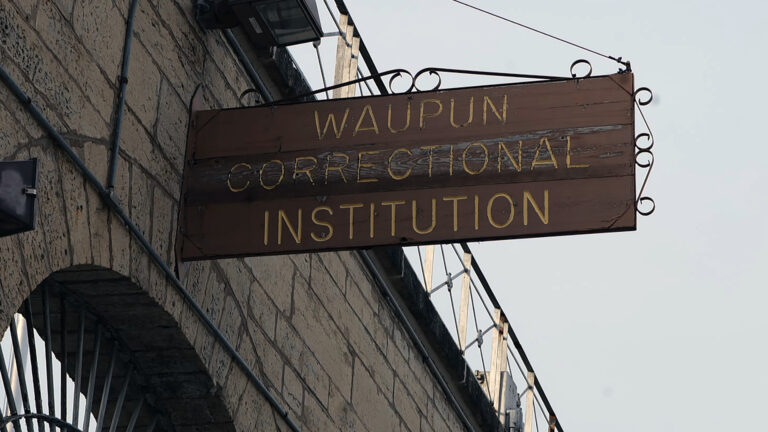

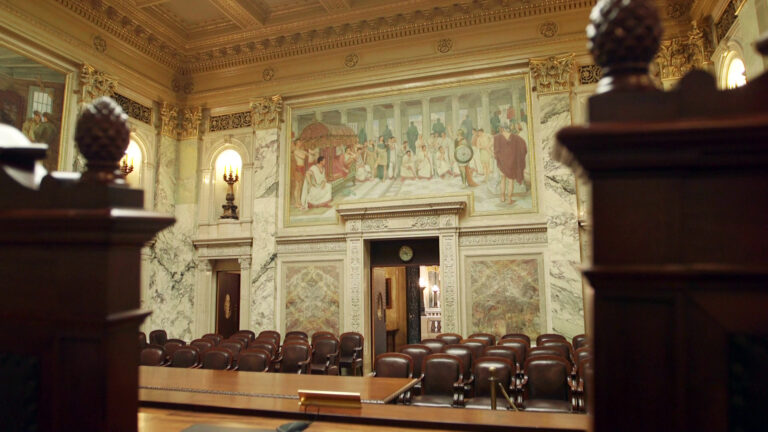
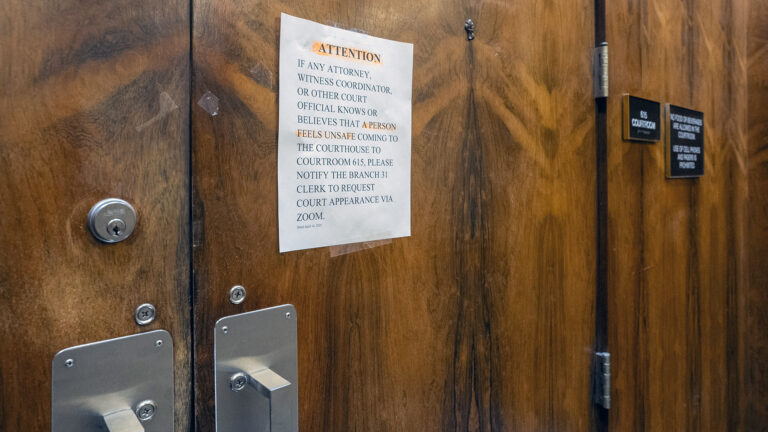
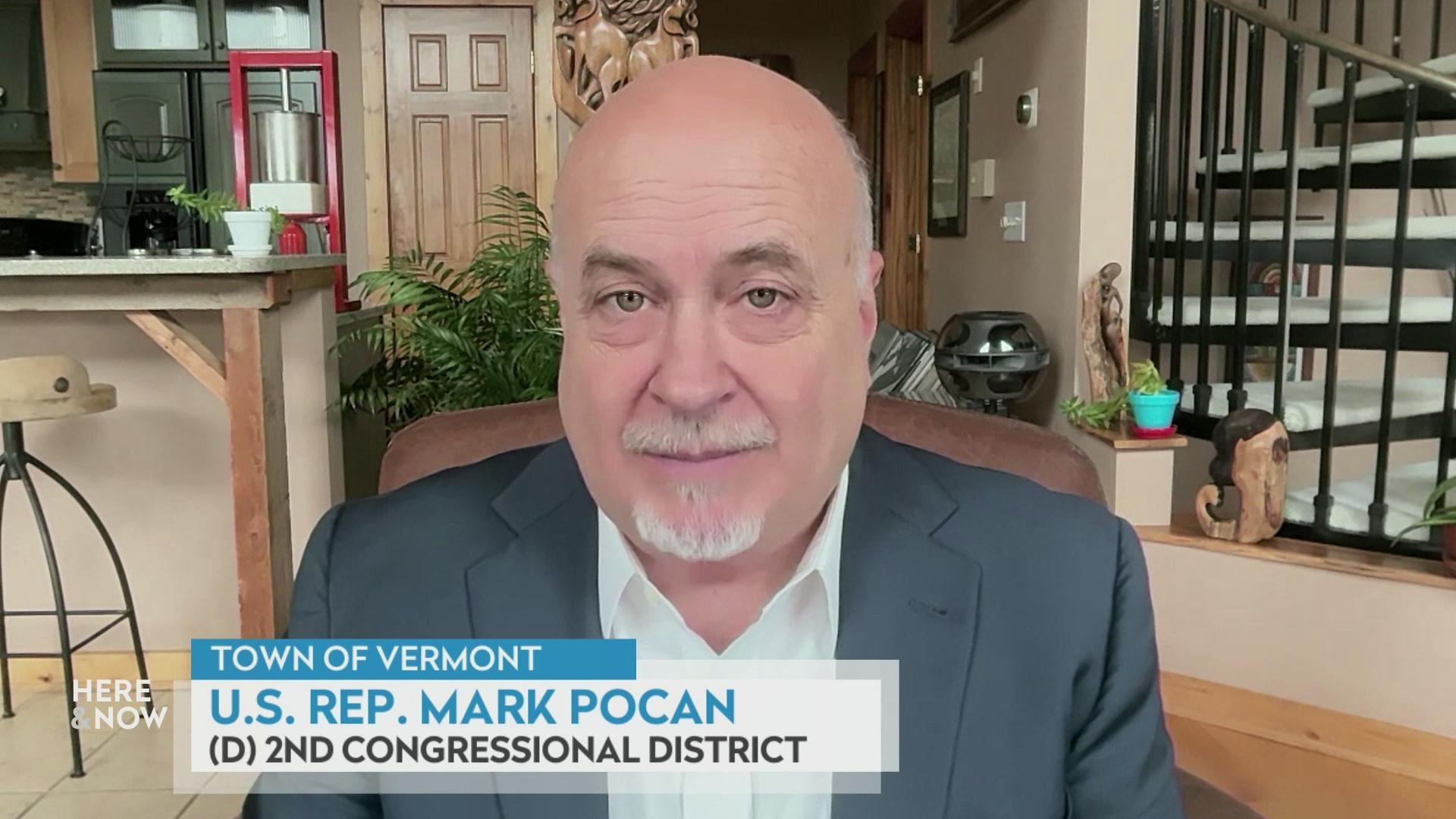
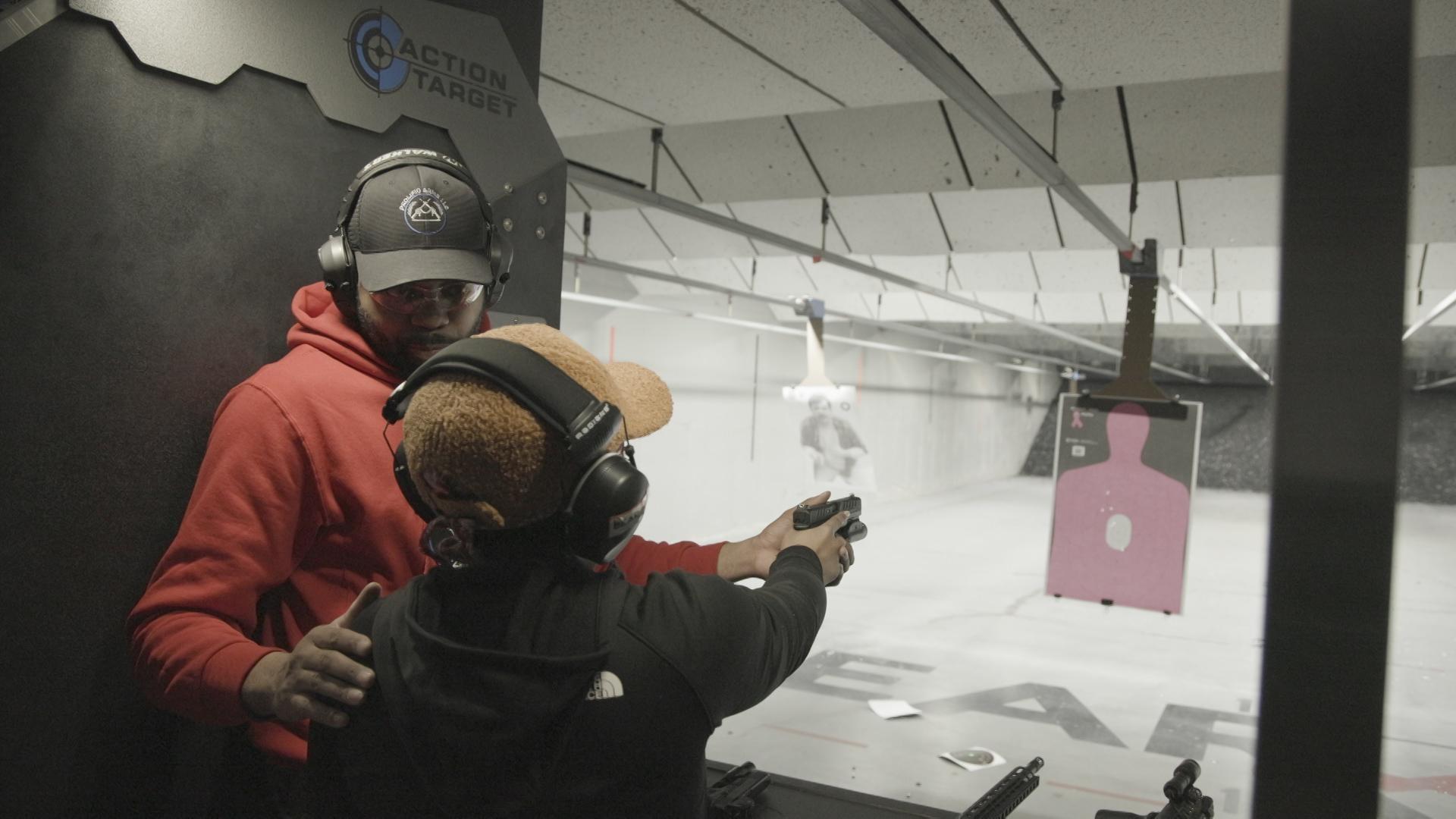
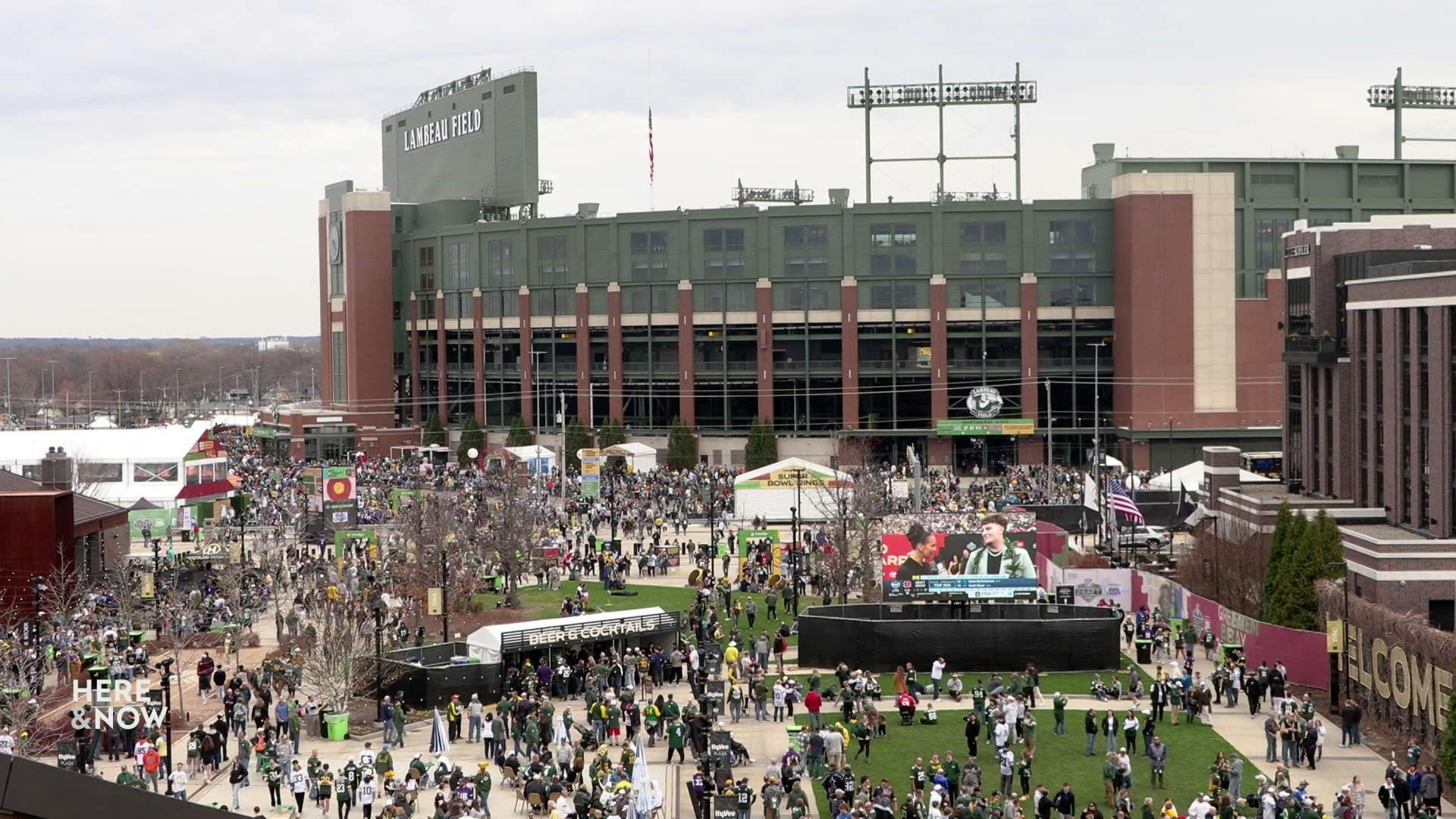
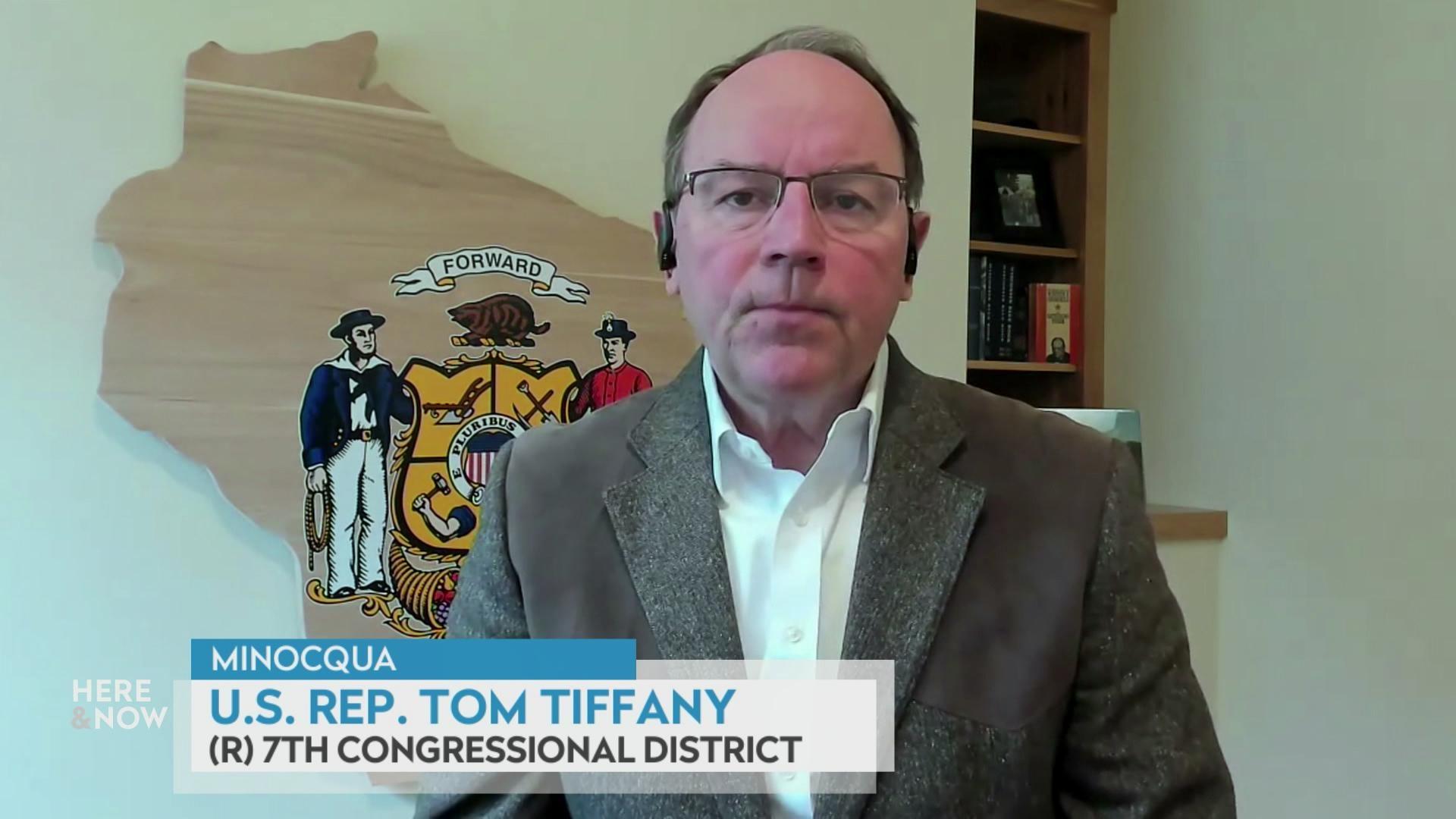


Follow Us